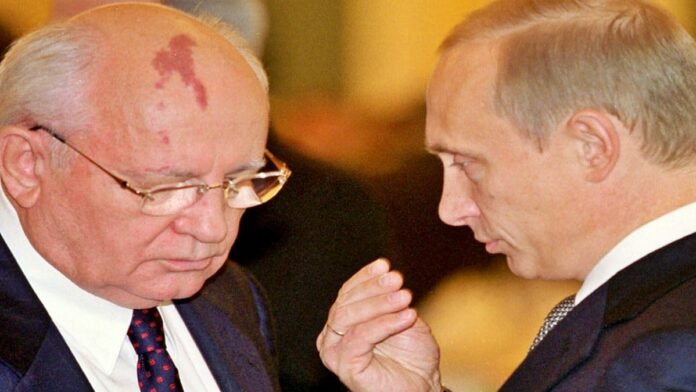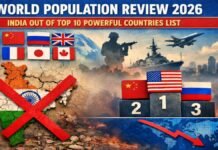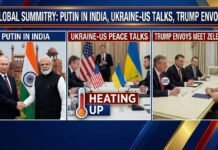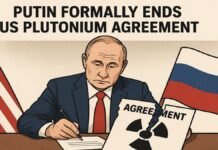
Moscow: Mikhail Gorbachev, who changed the course of history by triggering the collapse of the Soviet Union died in Moscow aged 91.
Here are key events in the life of ex-Soviet leader Mikhail Gorbachev.
March 2, 1931: He was born into a peasant family in the village of Privolnoye in the southern Stavropol region.
1946: Starts working as an operator of a combine harvester on a collective farm.
1952: Joins the ruling Communist Party of the Soviet Union, made up of several socialist republics.
1953: Marries Raisa Titarenko whom he met at university while studying law. They will have a daughter, Irina in 1957. Raisa died in 1999 from leukemia.
1985-1991: He led the Soviet Union as general secretary of the Communist Party and as president when the post was introduced in 1990.
October 1985: Presents a modernizing economic reform plan known as perestroika.
1987: He and the US president, Ronald Reagan, signed the Intermediate-Range Nuclear Forces (INF) treaty on slashing their nuclear arsenals, ending a superpower build-up of warheads.
1988-1989: Soviet troops withdraw from Afghanistan, defeated after a 10-year campaign.

1990: Gorbachev is awarded the Nobel Peace Prize for reforms leading to the end of the Cold War between Eastern and Western blocs.
August 1991: Hardline communists carry out a failed coup while Gorbachev is on holiday in Crimea. A series of Soviet republics begin declaring independence.
December 1991: After the leaders of Belarus, Russia and Ukraine conclude that the Soviet Union no longer exists and sign accords for its dissolution, Gorbachev resigns.
1996: He stands as an independent in presidential polls but takes only 0.5 percent, Boris Yeltsin winning the election.




















































